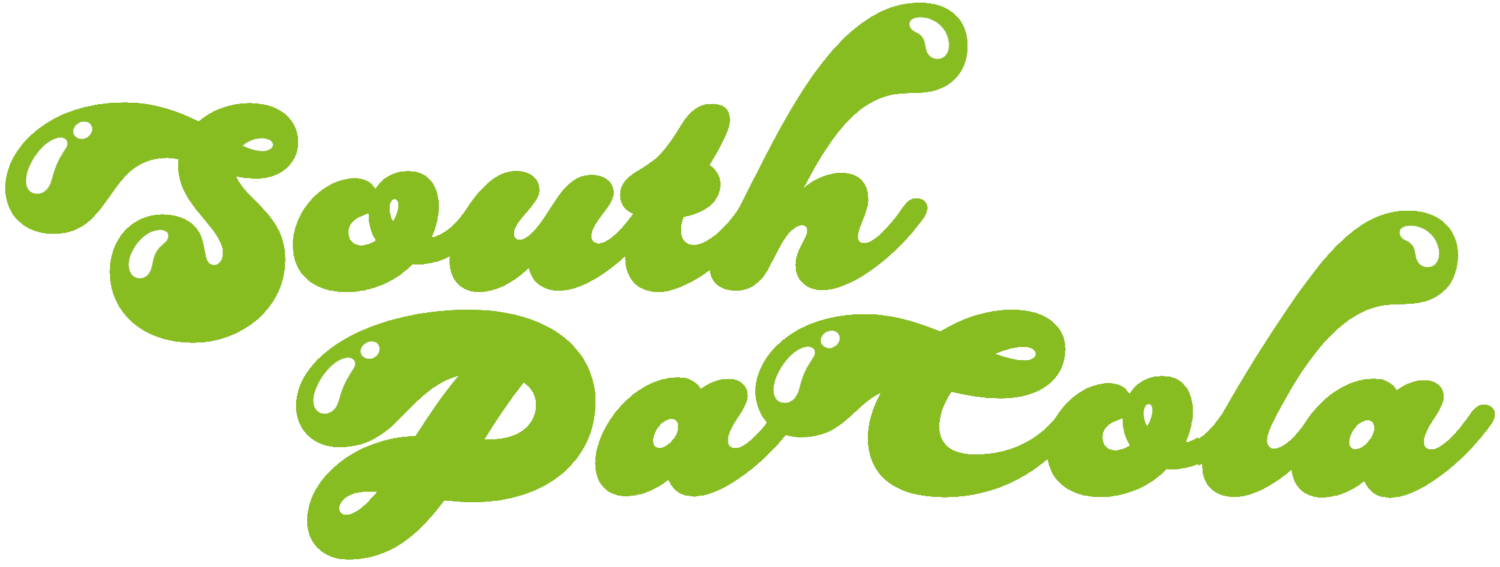As I have said in the past, Pierre plays this game every year, tons of optimism about the state budget in the Fall, but once the legislative session hits and schools come a crawling, doom and gloom;
But the sales tax, a barometer of the broader economy, was up 6.2 percent in October from a year ago.
And Dilges is already trying to soften the blow;
Budget conversations among lawmakers have been dominated by state employee raises, K-12 education and Medicaid. But restoring too much money too fast as the economy perks up would defeat the purpose of the “reset button,†Dilges said.
“We have to start thinking about doing business differently than we did before,†he added. “It’s not just a one-year cut, it’s a forever cut. We are going off a new base.â€
In other words, an increase in education funding is never going to happen.
If the governor leaves funding untouched in K-12 education and Medicaid, those programs will be worse off in fiscal year 2013 than this year.
That’s because last year, the Legislature — working with the governor’s office — found about $24 million to ease cuts to both. But that money will be gone in fiscal year 2013, leaving education funding 8.6 percent lower than fiscal year 2011 and Medicaid funding 10 percent lower.
And it looks like they will be forcing South Dakotans to vote for a tax increase (5th penny) if they want education and Medicare funded. Not only is it irresponsible and pathetic, it is underhanded. This quote by Assistant Senate Majority Leader Corey Brown, R-Gettysburg says it all;
“Obviously, the hope would be that we would be able to find a way to replace that (education funding) on a more long-term basis,†he said.
Funny how there was zero mention of the $800 million sitting in an investment fund in the entire article. It seems the governor’s office, legislators, the media, the healthcare industry and educators are only giving us one choice this year, an increase in regressive sales taxes. No mention of a corporate income tax, ending tax breaks for foreign industry that comes to our state or tapping into the investment fund. Why? The GOP elite in our state love when the working class and poor pay the lion’s share of taxes especially on bread and milk. Then they wonder why the lines are so long at food pantries. Actually, I don’t think they wonder, they don’t care.


